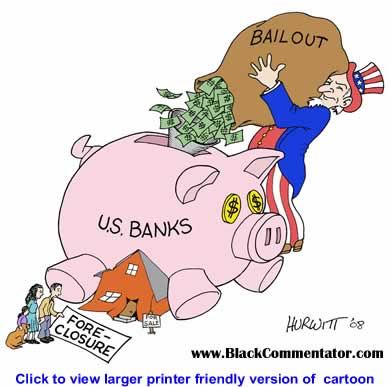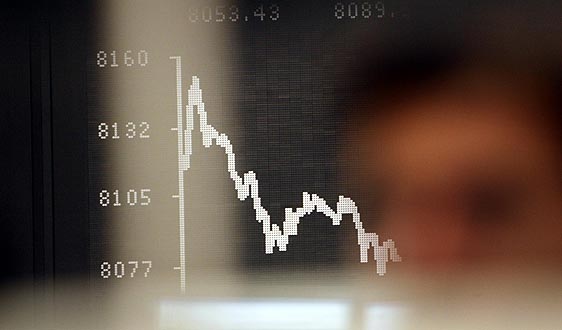
Posted by Stephanie King
Written by : IMF survey Online
Global financial crisis setting back progress on poverty reduction
Growth in developing countries hit by global recession
Strong policy actions needed to respond to development emergency
The global financial crisis has hit poor countries especially hard, posing serious threats to their hard-won gains in boosting economic growth and achieving progress toward the UN Millennium Development Goals (MDGs), a joint IMF-World Bank report warns.
The overall outlook for the MDGs (a set of eight globally agreed development targets that the international community is aiming to achieve by 2015), already a cause for serious concern, has become still more worrisome, says this year’s Global Monitoring Report 2009: A Development Emergency (GMR). Strong economic growth in developing countries in the past decade had put the MDG for poverty reduction within reach at the global level, but the triple punch of the food, fuel, and financial crises creates new risks.
According to the report, the goals of gender equality in primary and secondary education and access to clean water have seen relatively good progress and are expected to be achieved at the global level. However, most human development goals—especially for child and maternal mortality, but also for primary school completion, nutrition, and sanitation—are unlikely to be met at the global level.
“With simultaneous recessions striking all major regions, the likelihood of painfully slow recoveries in many countries is very real, making the fight against poverty more challenging and more urgent,” said John Lipsky, IMF First Deputy Managing Director, in a statement.
Impact on developing countries
The GMR says that the global financial crisis will affect developing countries through reductions in export volumes, commodity prices, remittances, tourism, foreign direct investment, and possibly even foreign aid. The IMF said April 22 that growth in developing countries is projected to fall to 1.6 percent in 2009, from an average of 8.1 percent in 2006–07. The global economy is projected to shrink by 1.3 percent in 2009, with a slow recovery expected to take hold next year.
At their summit in London on April 2, the G-20 leaders, which represent both advanced and developing economies, decided to dramatically beef up the IMF’s lending capacity to support its ability to combat financial contagion, providing significant new financing and a broad mandate for action.
The huge increase in IMF resources would bolster the IMF’s firepower to help economies around the world respond to the crisis, which has plunged economies into recession and sent world trade plummeting. Low-income countries would also get help, with leaders proposing more than a doubling of concessional lending resources.
For Full Article, click here .




































